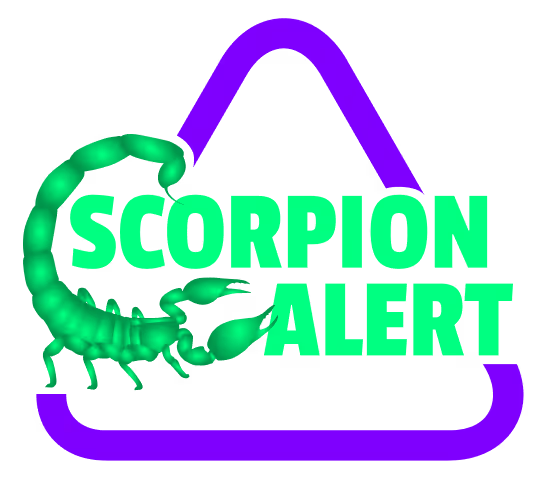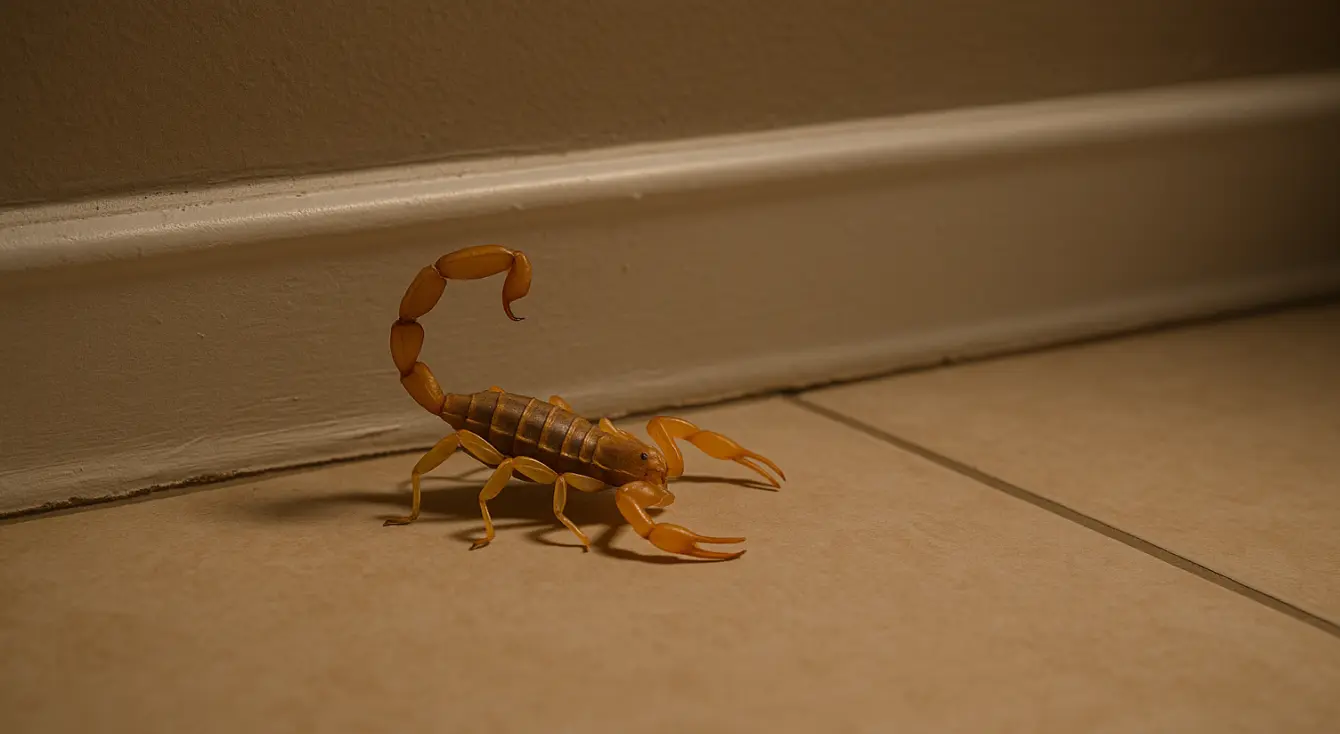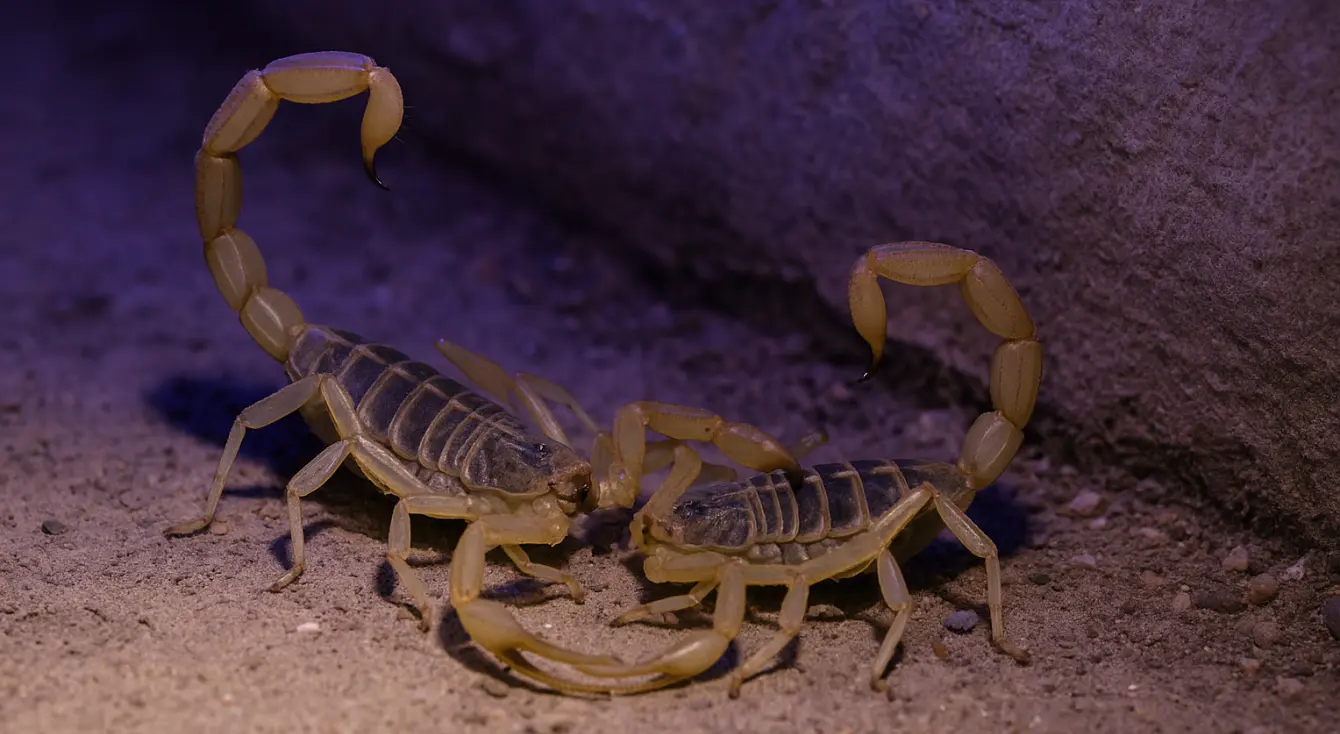If you’ve spotted a scorpion in your house, your first thought might be: Are there more? The answer isn’t always simple. One scorpion doesn’t automatically mean you’re dealing with an infestation—but it can be an early warning sign.
Here’s how to tell the difference between a random intruder and a deeper problem.
Why One Scorpion Might Be Just That
Scorpions are solitary by nature. Unlike ants or termites, they don’t travel in colonies or large groups. A single scorpion could have:
- Wandered in through a small gap around a door or window
- Followed prey like insects into your home
- Been accidentally brought in on firewood, boxes, or gear
In these cases, it might be a one-off encounter—especially if you haven’t seen any others in the weeks before or after.
When One Scorpion Could Mean Infestation
While they don’t swarm, scorpions do cluster in ideal environments. You might have a bigger problem if:
- You’ve seen multiple scorpions in a short period of time
- You’ve found them in different parts of the house
- You’re spotting baby scorpions (which means there’s a female nearby)
- You’ve been stung without knowing where it came from
Scorpions look for places that are dark, cool, and undisturbed. Wall voids, attics, crawl spaces, and under baseboards can become ideal hiding spots.
Common Signs of a Scorpion Problem
Besides live sightings, watch for:
- Shed exoskeletons (they molt several times before adulthood)
- Increased insect activity (a sign of food source)
- Scorpions showing up near plumbing or HVAC vents
What To Do After Spotting One
- Document the sighting – Time, location, and species if possible
- Inspect your home – Use a UV flashlight to check dark areas, especially at night
- Install Scorpion Detectors – Our Detectors help you monitor scorpion traffic along baseboards and catch activity patterns
- Seal entry points – Gaps in walls, windows, vents, and under doors
- Call a professional – If you're seeing repeat activity, it’s time for an inspection
Prevention Is Easier Than Removal
It’s always better to stop an infestation before it starts. Regular monitoring with UV flashlights and Detectors can alert you to activity early—long before it turns into a larger problem.
Finding one scorpion doesn’t always spell disaster—but it should never be ignored. With a little awareness and the right tools, you can figure out if it’s a fluke or the tip of the stinger.






